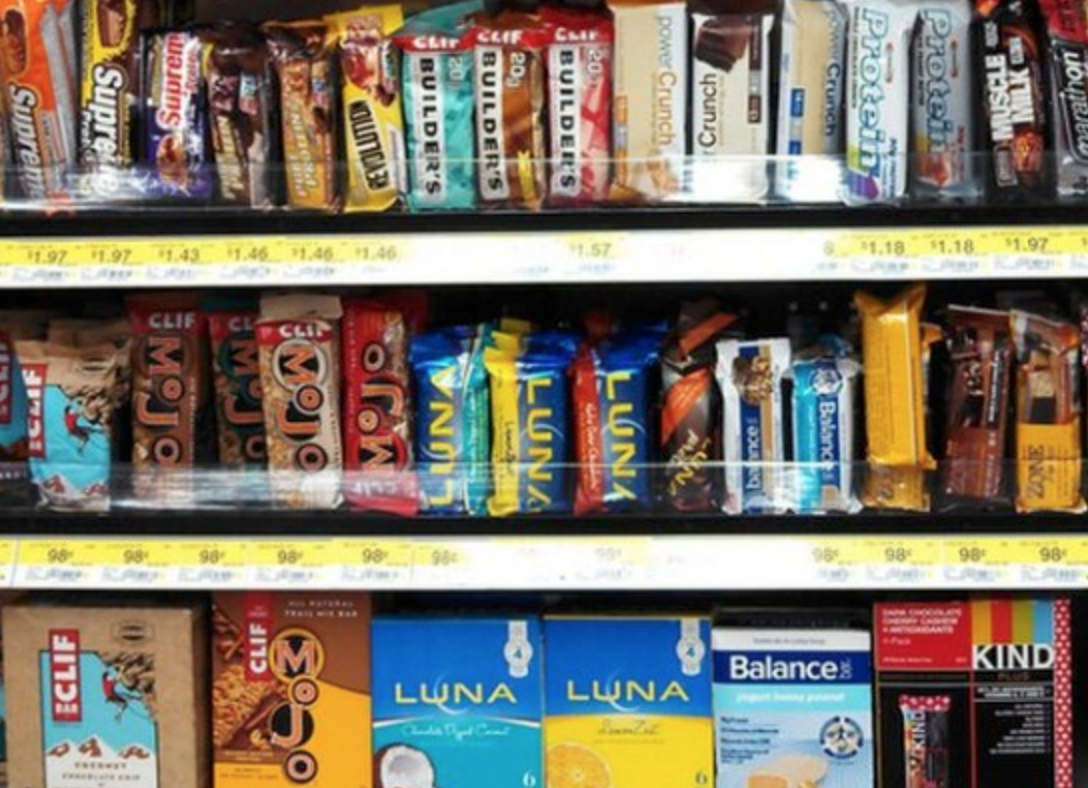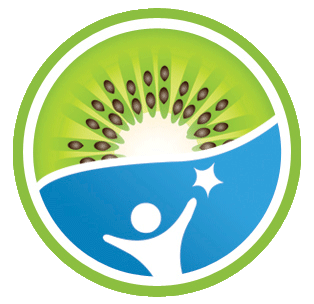While protein bars are a convenient snack that can be used in ‘on the go’ situations for adults and children alike, many parents wonder if they are a good snack option for kids and teens. The answer, is that it depends on certain factors, such as time, access to whole food sources and diet quality. Protein bars are definitely a convenient way to hit protein goals on the go.
Is it healthy to eat a protein bar every day?
Protein bars are certainly useful for times when you don’t have time to prep a whole foods alternative and for when you need a non-perishable option. But, does that mean they’re a good option for every day that you or your child gets a lot of exercise? Whole foods containing protein should be used first if possible because not only do whole foods provide protein, but they also have natural sources of vitamins, fiber and nutrients. Whole food sources can also be more satisfying than a protein bar. Still, eating a protein bar every day can be healthy if a variety of other foods are eaten throughout the day. There are countless protein bars available and some are minimally processed that use food sources of protein, such as nuts and seeds.
What is the best protein bar to select?
When choosing a protein bar, look at the total grams of protein and aim for bars that contain 25 grams or less of protein. When protein bars exceed 25 grams, the excess protein is excreted or stored in the body as fat. Look at the ingredient list because the shorter the list often indicates less processing. As a post-workout snack, I generally recommend having a source of protein that contains at least eight to ten grams of protein. For sugar, aim for bars that contain minimal added sugars to help promote sustained energy.
What are some good alternatives to protein bars?
- Nut and seed mix
- Dried roasted edamame
- Baked chickpeas
- Cottage cheese
- Hard boiled eggs
- Beef jerky
- Greek yogurt
- Peanut butter
- Chicken or turkey


